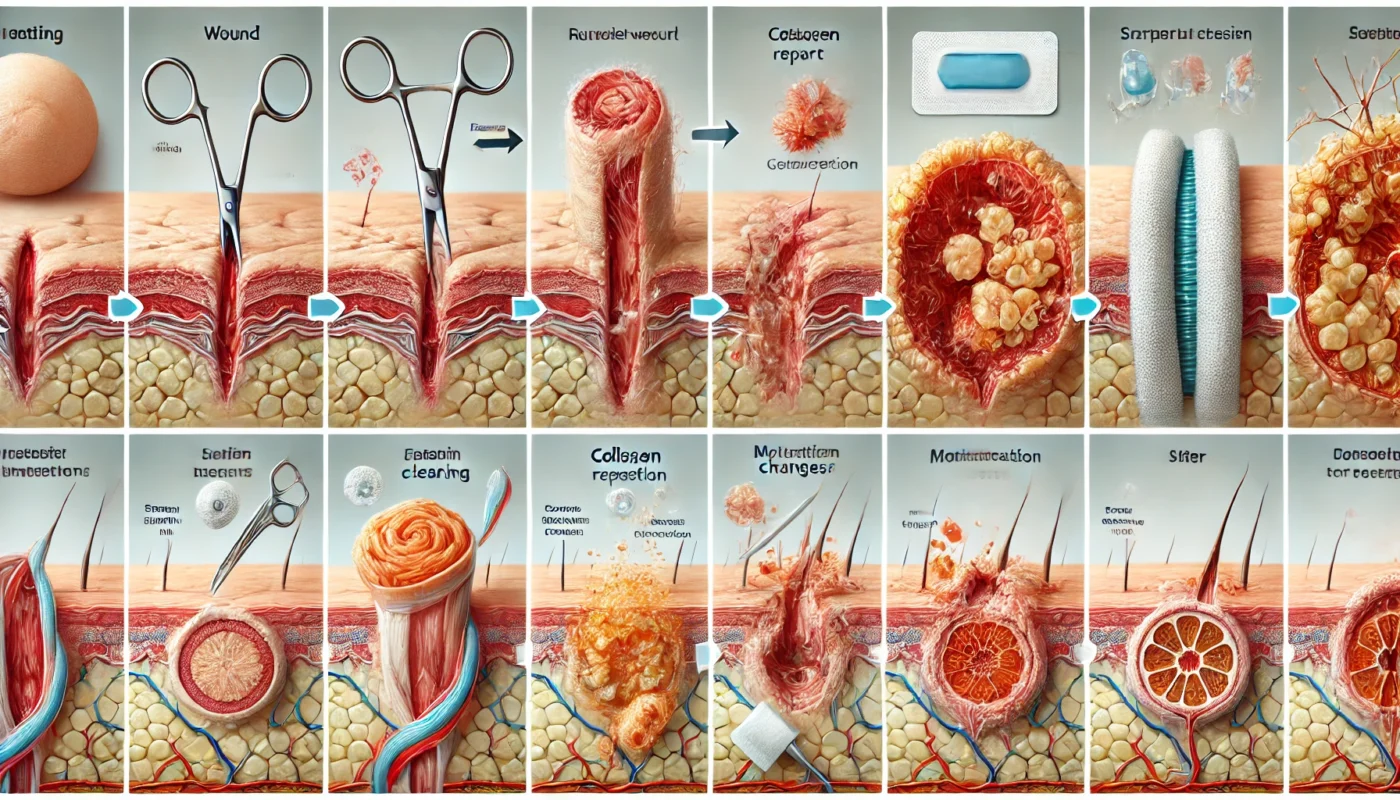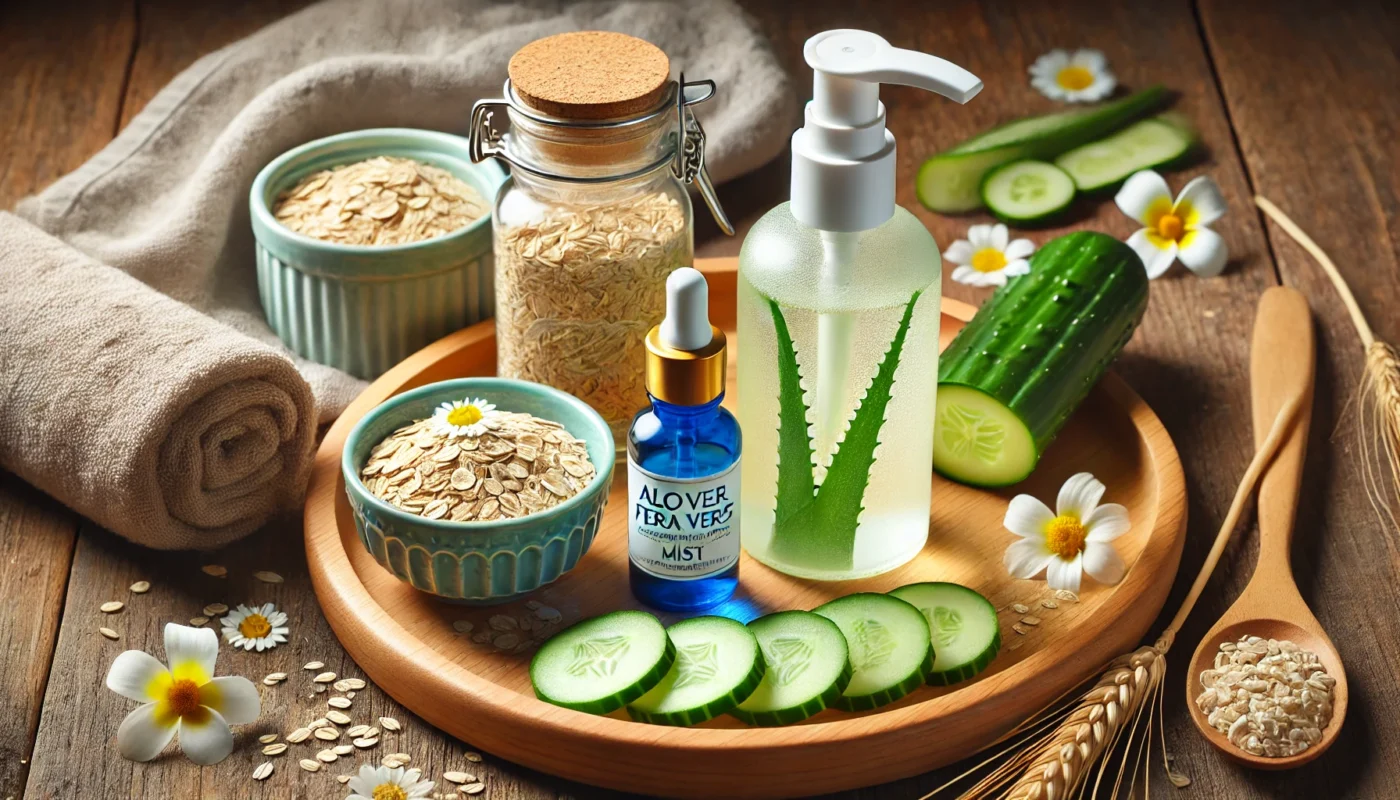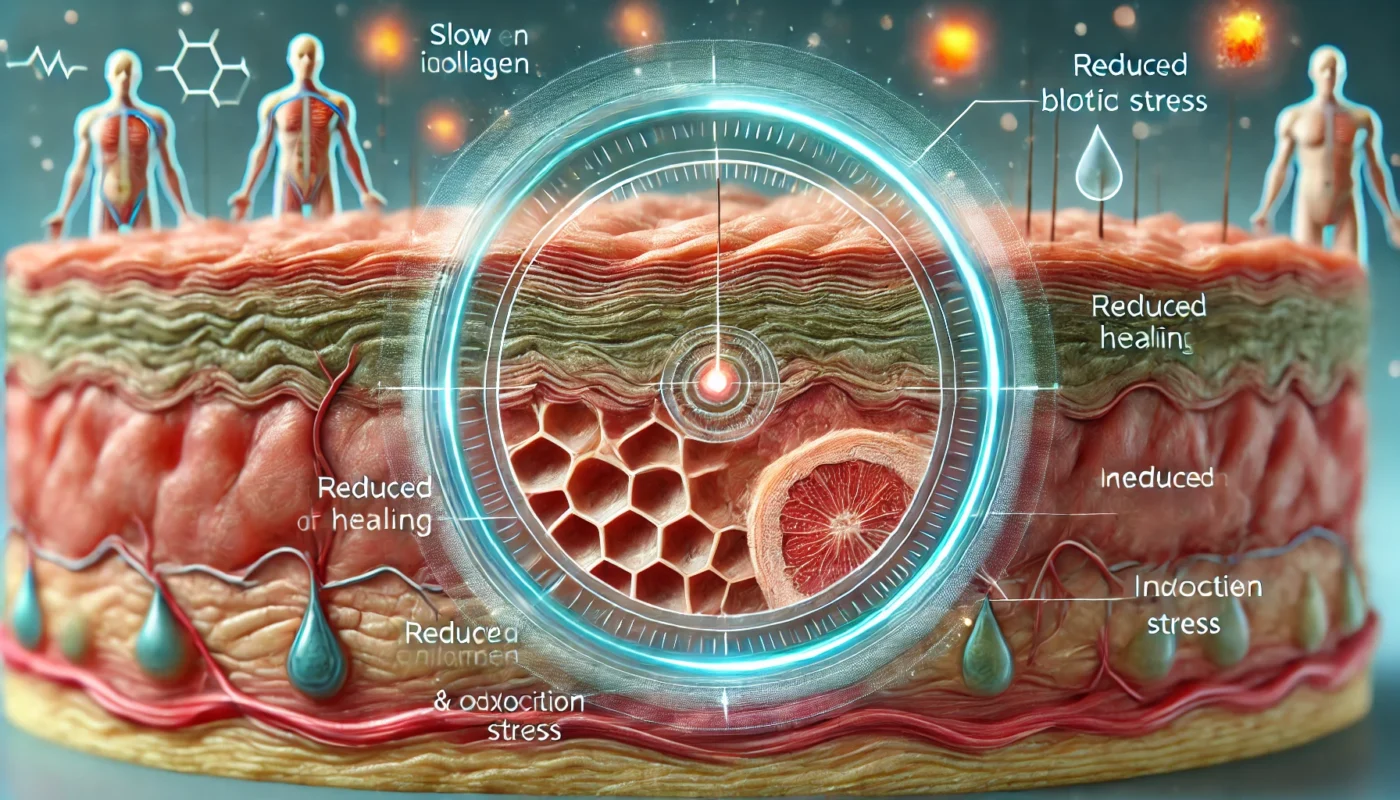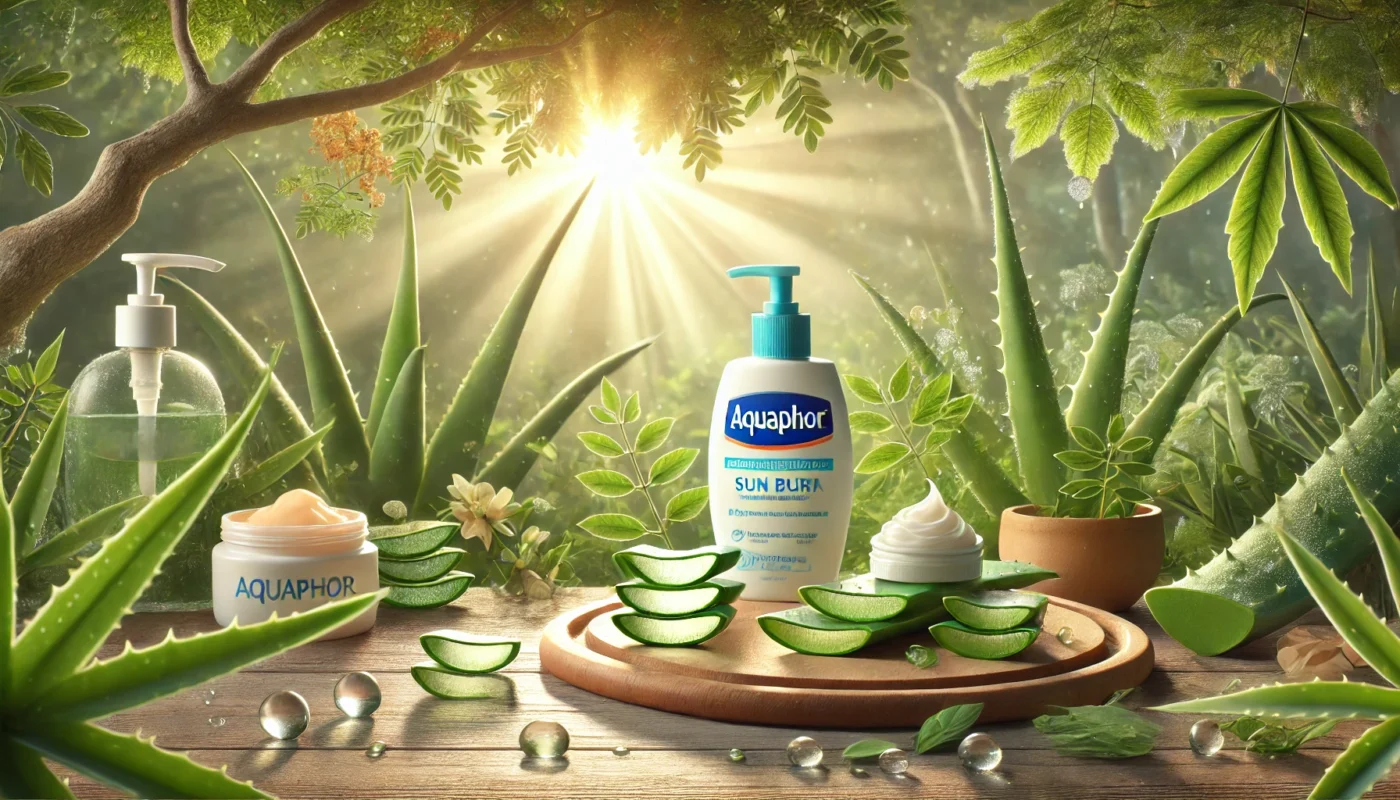Surgical incisions are cuts made by a surgeon during an operation to access the area of the body that requires treatment. The healing of these incisions is a complex process influenced by a variety of factors, including the type of surgery performed, the patient’s overall health, and post-operative care practices.
Tag Archives: hydration
A paper cut occurs when the edge of a piece of paper slices your skin, typically on your fingers. Despite their small size, paper cuts can penetrate deep enough to reach nerve endings, causing a stinging sensation. The healing process for paper cuts is generally swift, but with the right care, you can further speed up recovery.
When it comes to the intricate and fascinating process of wound healing, fibroblasts play a pivotal role that often goes unnoticed. These dynamic cells are integral to the repair and regeneration of tissues, working tirelessly behind the scenes to restore the skin’s integrity after an injury. In this article, we’ll delve into the function of fibroblasts, explore their significance in the wound healing process, and provide insights into how they contribute to each phase of healing. By understanding the multifaceted roles of fibroblasts, we gain a deeper appreciation for the complex biological processes that underpin healing.
Wound packing is a method used in wound care to fill the space within a wound, particularly those that are deep or have a significant cavity. This process helps in absorbing drainage, keeping the wound clean, and promoting healing from the inside out. It’s a technique often used in surgical wounds to prevent the accumulation of fluids and to minimize the risk of infection.
Understanding the healing rates of different body parts can be crucial for fitness enthusiasts, health enthusiasts, and medical patients alike. Whether you’re recovering from an injury, managing a health condition, or simply curious about the human body’s capabilities, knowing which parts heal the fastest can guide your approach to recovery and wellness. This exploration delves into the scientific nuances and offers practical advice on optimizing healing.
The opioid epidemic has highlighted the dire need for safer, non-addictive alternatives in pain management. While opioids can be highly effective, their potential for addiction and side effects necessitates a more cautious approach. This shift is driving healthcare providers to explore and integrate alternative methods that can be employed in emergency settings.
Skin irritation manifests in various forms, including redness, itching, swelling, and discomfort. It can result from a wide range of causes, such as environmental pollutants, allergens, or physical abrasions. Understanding the underlying cause of irritation is crucial for selecting the most appropriate treatment method.
Wound healing is a complex physiological process involving multiple stages: hemostasis, inflammation, proliferation, and remodeling. Each phase is critical and interdependent, requiring a well-coordinated effort from various cells, growth factors, and enzymes. When any of these components are disrupted, impaired wound healing can occur.
Sunburn occurs when your skin is overexposed to ultraviolet (UV) rays, leading to inflammation and damage. This can result in redness, swelling, pain, and in severe cases, blistering. It’s important to address sunburn promptly to mitigate these symptoms and promote healing.
Sunburns, an unfortunate consequence of prolonged sun exposure, can cause significant discomfort and damage to the skin. While prevention through sunscreen and protective clothing is key, sometimes sunburns happen, and relief is needed. One popular remedy many turn to is Aquaphor. But does Aquaphor actually work for sunburn relief? Let’s delve into the science and understand how it measures up against other treatments.










